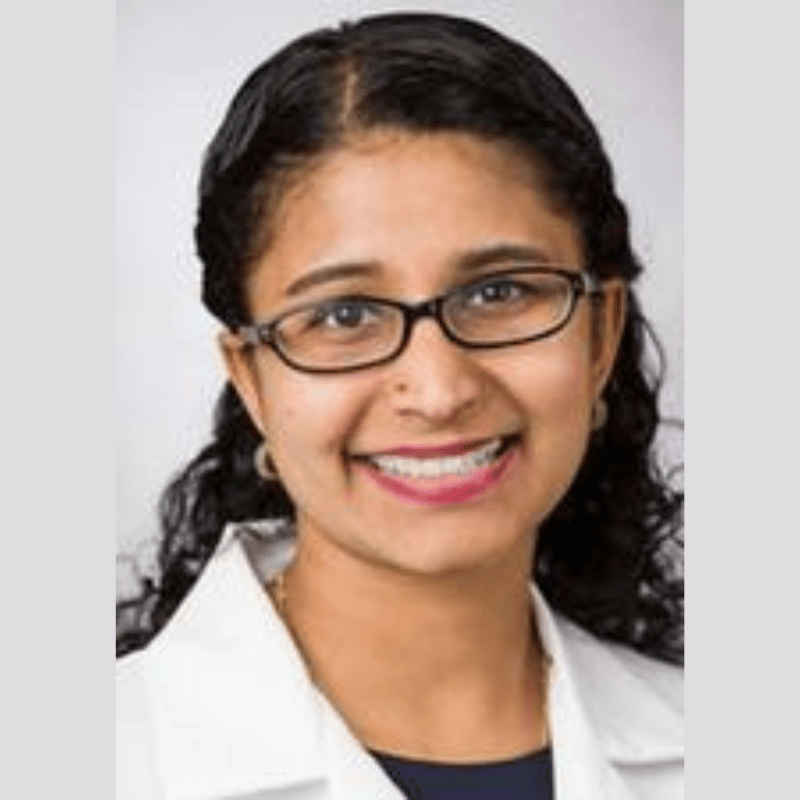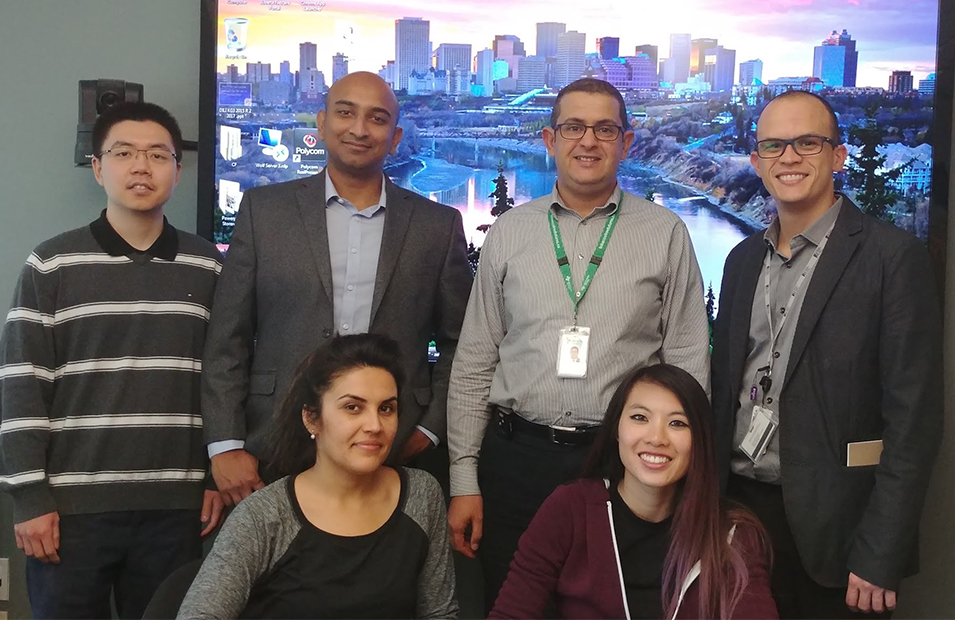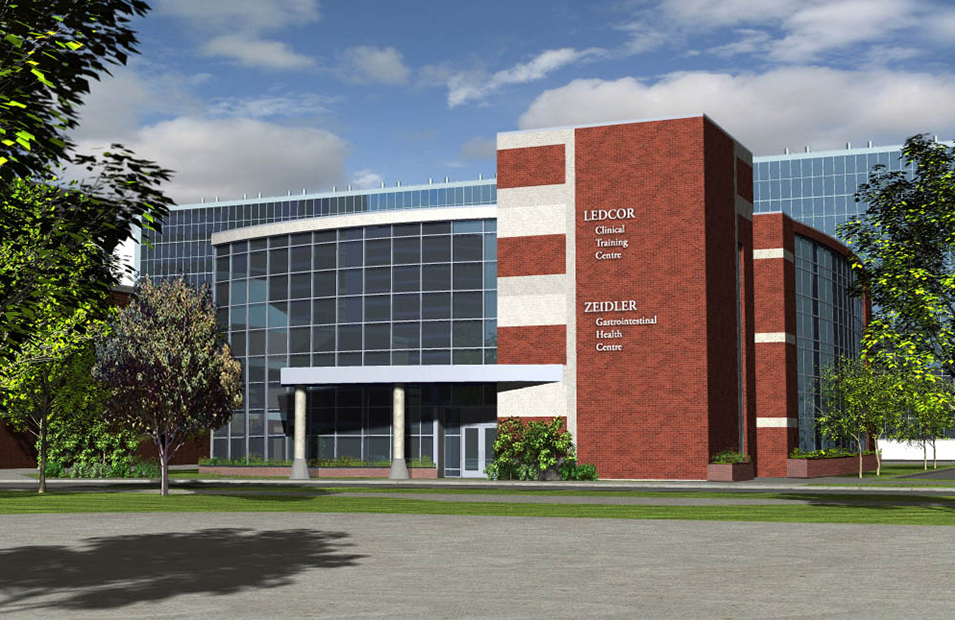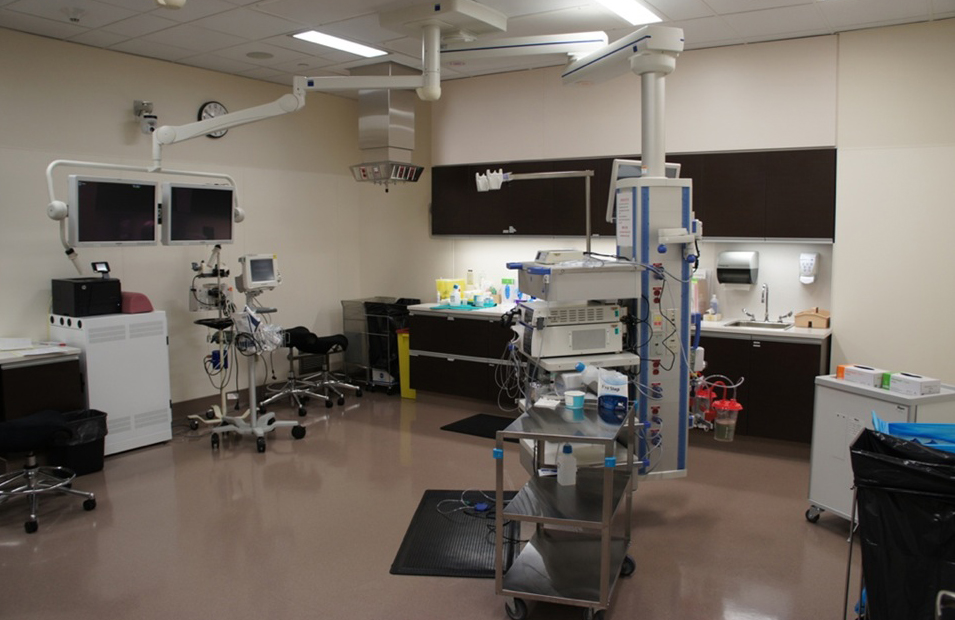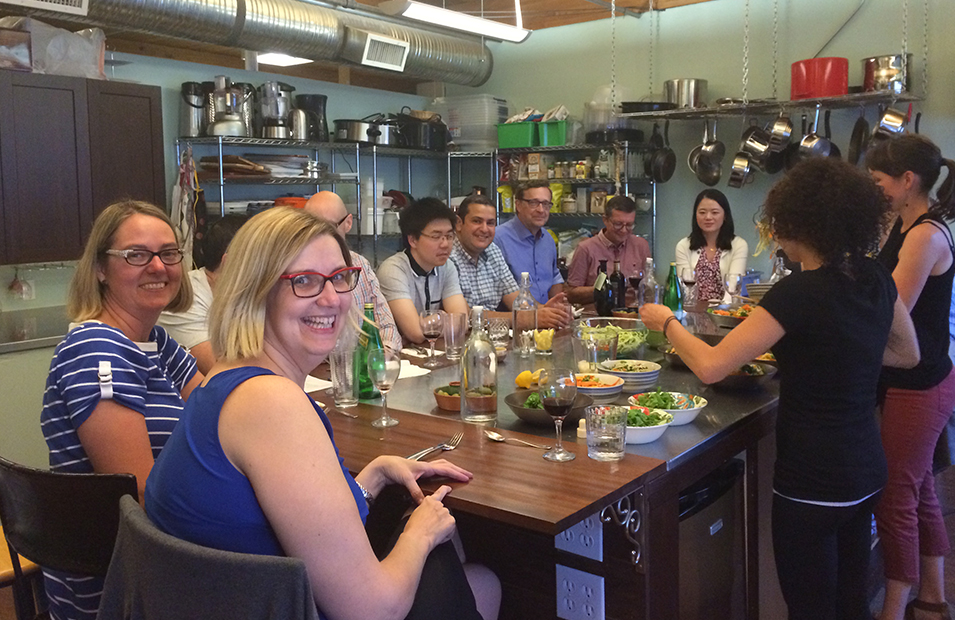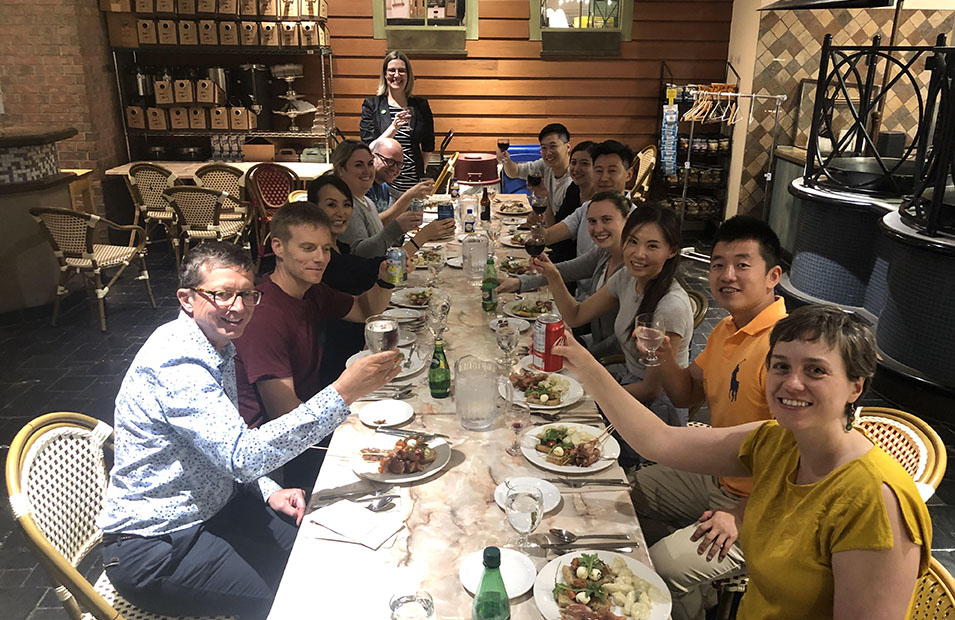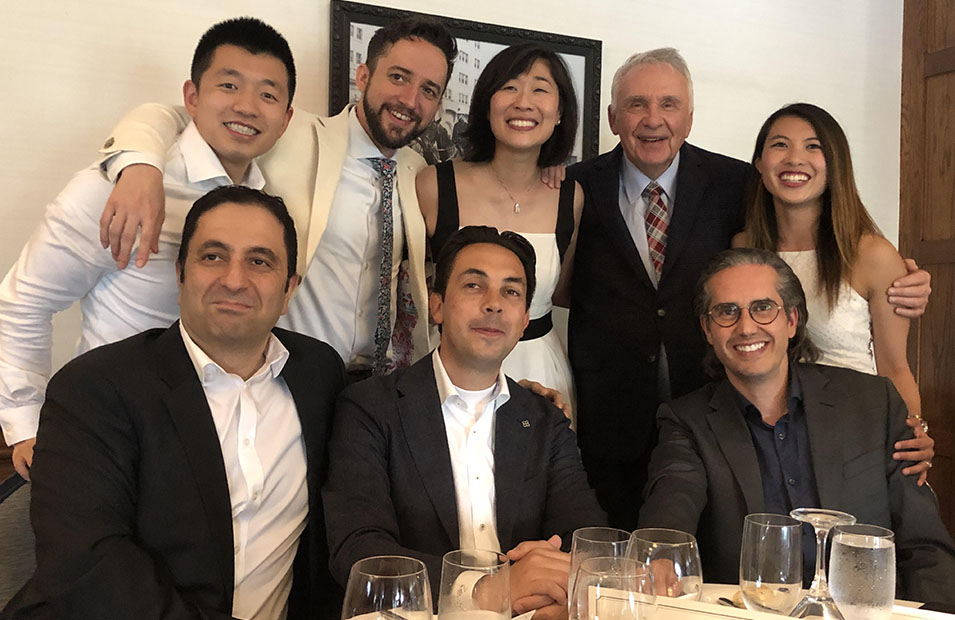
Adult Gastroenterology
Welcome to the Adult Gastroenterology Residency Program at the University of Alberta.
Interview/CaRMS Information
The interviews are conducted in the fall.
At the University of Alberta, we are looking for candidates who are well-rounded and have excellent critical thinking and communication skills, a growth mindset, and a genuine interest in gastroenterology. As a busy clinical training centre, we are looking for residents that are hardworking and have a high level of resilience and stamina. A commitment to professionalism is essential. Experience in leadership and/or research during residency is an asset.
CaRMS Online will notify all applicants of receipt of their applications.
All applications will be reviewed by the Program Director and one or two members of the GI Division.
CaRMS Online will send email invitations directly to the top applicants selected for an interview.
See the CaRMS site for more details.
On the interview day, there will be an Introduction to Gastroenterology at the University of Alberta. GI Staff and residents will be available for Q&As.
The schedule for the day will include:
- Information session about the program
- Virtual interviews
- One-on-one meeting with the Program Director
- Opportunity to meet with current residents
Interviews will be conducted by two panels of GI Physicians, teachers, and GI lead resident(s).
A rank list will be generated from the file review and the interview by the GI Program Director and the Residency Program Committee.
International candidates are welcome to apply, but must have completed internal medicine residency in Canada. They will receive the same information and will be interviewed on the same day as the general candidates on CaRMS interview day.
Only candidates certificated by the Royal College of Physicians and Surgeons of Canada in Internal Medicine are eligible for the Certificate of Special Competence in Gastroenterology.
Contact Us
Department of Medicine
University of Alberta
Zeidler Ledcor Centre
Edmonton, Alberta, T6G 2X8
Dr. Saumya Jayakumar
Program Director
Phone: 780-492-1473
Dr. Saumya Jayakumar
Program Director
Matt Holzer
Medical Education Program Coordinator
Welcome to Our Program
Thank you for your interest in the University of Alberta, Division of Gastroenterology Residency Training Program.
We are a Royal College of Physicians and Surgeons of Canada Accredited Program and offer a two-year educational training program in Gastroenterology, designed with all aspects for you to become a fully trained Royal College of Canada-certified consultant gastroenterologist
While two years is the minimum duration of the Royal College accredited GI training, the University of Alberta is specifically interested in learners who are seriously considering advanced clinical and research Fellowship training after completion of their Gastroenterology Residency Training Program.
Our program has a long history of training residents in gastroenterology with our first graduates completing their training in the early 1970's. The majority of our trainees go on to advanced gastroenterology fellowships both nationally and internationally. We are fortunate to have a wealth of both clinical and research expertise in our Division, with experience in liver transplant, viral and autoimmune liver disease, motility, nutrition, advanced endoscopic therapeutics (including ERCP, EUS, Balloon-Assisted Endoscopy, Capsule Endoscopy, and SpyGlass™) and IBD.
In addition, our Gastroenterology Residency Training Program is closely integrated into one of Canada's largest gastrointestinal clinical trial units where residents have the opportunity to not only participate in clinical trial operations but to learn and experience the very latest in therapeutics.
The Gastroenterology Residency Training Program is housed in the Division of Gastroenterology on the University of Alberta campus. The Division itself is located adjacent to the University of Alberta Hospital in its own 30,000 sq foot state of the art building, the Zeidler Ledcor Centre, providing onsite faculty offices, resident offices, clinical trial and research space, outpatient clinics seeing over 10,000 patients annually and a biologic infusion center.
The University of Alberta Hospital, is a quaternary referral research and teaching hospital with over 800 inpatient beds and a dedicated gastroenterology and hepatology ward.
The Allan H. Owen Endoscopy Suite, located at the University of Alberta Hospital is a world-class facility utilized for education, research and clinical care. Over 16,000 inpatients and outpatients, annually, are seen through the Allan H. Owen Endoscopy Suite in the Division of Gastroenterology at the University of Alberta Hospital.
Residents will also rotate through the Royal Alexandra Hospital in Downtown Edmonton, and through at least one of the Grey Nuns Community Hospital or the Misericordia Community Hospital. A focus of our program is our academic half day; which has a structured 2-year curriculum in which the majority of sessions are staff-led presentations/discussions. Residents entering our program are also paired with a Career Advisor who will help you navigate the challenges of post-residency training and beyond.
The Center of Excellence for Gastrointestinal Inflammation and Immunity Research (CEGIIR) is a $22M research facility with an outstanding human database and biobank that will enable the Residents and Fellows to engage in translational research projects with Canada's top gastrointestinal scientists. Areas of major strength include: the gut microbiome; metabolomics; artificial intelligence; precision health; virtual reality; point-of-care device engineering; hand-eye mechanical optics for health care training; hepatitis B and C and vaccine development.
We also have advanced Fellowship training programs that the learner can enter into after their Residency is completed. These include transplant and viral hepatology, inflammatory bowel disease, advanced therapeutic endoscopy, motility, and nutrition. Each of these Fellowships can be combined with research expertise from CEGIIR and across the University to ensure the learner develops a highly competitive resume that can afford global position opportunities. For those fellows with special interests the Division of Gastroenterology has access to additional training and learning prospects around the world.
We are confident that we can train you to become compassionate and competent gastroenterologists. We hope to impart the necessary skills and resources for you to reach your potential and continue to develop as your career progresses. Please explore our website and feel free to contact us if you have questions about our training program.
Our Program
We are a Royal College of Physicians and Surgeons of Canada Accredited Program and offer a two-year educational training program in Gastroenterology, designed with all aspects for you to become a fully trained Royal College of Canada-certified consultant gastroenterologist.
Program Highlights

Well-developed and interactive Academic Half Day.




Teaching Hospitals
University of Alberta Hospital
Misericordia Community Hospital
Optional site: Cross Cancer Institute
Program Supports
- Residents are supported by a team of staff physicians who are dedicated to teaching and are available for casual mentoring.
- To foster successful career development of the Gastroenterology Resident, a one-on-one advisor will be assigned to each resident in the program to meet 3 to 4 times per year. Career Mentor forms are standardized and capture the discussion between Mentor and resident and are saved in the resident’s file.
- Academic Advisors are assigned to all residents at the start of R4 year.
- The AA meets every two months with learners to review progress and provide feedback to identify strengths and areas for growth.
- Support the learner
- Encourage reflection
- Revelop goals and strategies
- Confidential support
Residency at a Glance
This residency program is for 2 years.
Program length of training does not exceed the Royal College or College of Family Physicians of Canada standard.
The two clinical years of the program consist of 26 (4-week) blocks, including 8 weeks of vacation. The training experiences are divided into 4 phases of ‘Competence by Design’ with the following structure:
Consults (UAH) – 1 block
Ward (UAH) – ½ block
Research – ½ block
Ward (UAH) – 1 block
Consults (RAH) – 1 block
Endoscopy I – 1 block
Clinic – 1 block
Elective/Buffer – 1 block
Consults (UAH) – 1-2 blocks
Consults (RAH) – 1 block
Ward – Jr Attending (UAH) - 1-2 blocks
Hepatology (Inpatient/Transplant) - 1 block
Community GI (GNH/MIS) – 1 block
Endoscopy II – 1 block
Nutrition (RAH) – 1 block
Motility (UAH) – 1 block
Clinic – 1 block
Longitudinal Clinic – 1 year
Research – 1 block
Elective/Buffer – 3-5 blocks
Consults (UAH) – 1 block
Endoscopy III – 1 block
Elective/Buffer – 1 block
Buffer/elective time has been built into the framework to allow residents extra time in a phase of training to help them attain the competencies of each phase of training.
Inflammatory Bowel Disease
Gastrointestinal Oncology
Pathology
Research
Senior GI Mentorship
Frequently Asked Questions
No. Learning how to scope is an integral part of GI Residency Training, and R4s will attend a full day Introduction to Endoscopy course at the start of their training.
Resident Testimonials
I feel very fortunate to have trained in the Edmonton Gastroenterology program. Both clinical and endoscopic teaching is superb and certainly made me feel prepared to start independent practice. There are ample research opportunities and keen mentors to facilitate this process. The core GI program learning goals are well structured to be met along the way, but the program still has plenty of room to accommodate individual interests/goals. There are ample subspecialty training opportunities and I found that my work with the IBD team and clinical trials unit was invaluable to the day-to-day work I do now. I would highly recommend the University of Alberta program.
– Vojaslav Jovanovic (2016)
The University of Alberta Gastroenterology Training program offers access to a group of outstanding physicians with expertise in all GI-related subspecialties as well as community-based GI physicians. The two-year program is organized in such a way as to ensure core GI elements are experienced with enough leeway to tailor one's learning to include personal interests. As a trainee, I felt as though multiple staff members had a clear interest in my success inclusive of my future goals and employment for which their collegial intellectualism and mentorship were key. Overall, the program prepared me for independent practice.
– Shawn Wasilenko (2016)
The Edmonton Gastroenterology program provided an incredible breadth of clinical exposure, research experience, and training using state-of-the-art equipment and facilities. The GI staff were not only excellent teachers and role-models but mentors as well.
– Dustin Loomes (2014)
The GI program in Edmonton is a well-balanced program. I truly loved training here! Residents have an excellent exposure to all specialties within GI: transplant hepatology, general hepatology, motility, nutrition, IBD, and advanced therapeutic endoscopy. I felt that training at this busy referral center leaves you well versed in the assessment and management of complex cases, especially in IBD and transplant-hepatology. There are great research mentors to work with. I felt that my educational needs always came first and I was well supported by an amazing group of Gastroenterologists I am now proud to now call my colleagues.
– Dr. Pernilla D'Souza (2013)
The University of Alberta IBD training program provided me with world class training. It has provided me with the confidence to run a clinical practice and fostered my research interest in bowel ultrasound. I was fortunate to meet many world leaders in IBD who came for visiting professorships to U of A. Transitioning from an IBD fellow to a faculty position was seamless in regards to starting my research career and managing complex IBD cases, as I had been exposed to many during my training. The U of A program stands out with its large clinical trials unit, interdisciplinary teams, supportive faculty, and in particular, its inpatient IBD service. Patients that are admitted are often the most ill or complex. Following these patients on a daily basis allowed me to observe the intricacies that can occur in IBD, the natural history of IBD, and its response to a variety of medical options including surgery. Overall, the U of A training program has innumerable strengths and I am very happy with the training I received.
– Cathy Lu
